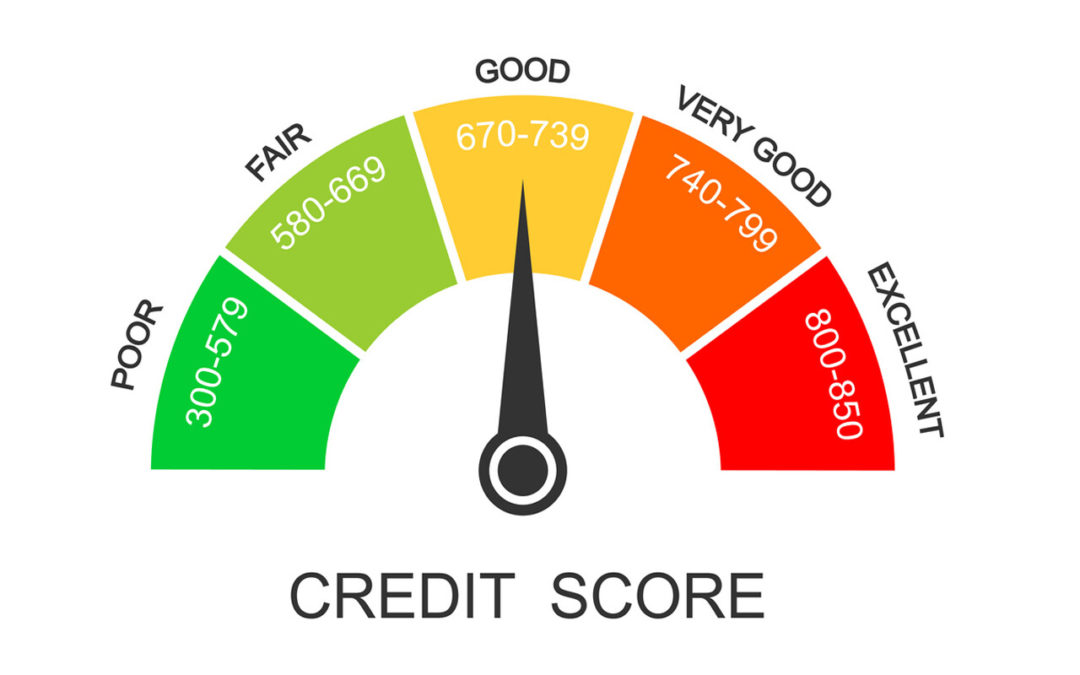📝 Lenders, suppliers, insurers and other organizations can use business credit score to help make decisions about working with your business.
A business credit score that indicates low risk can help your business obtain better interest rates on credit cards, loans and lines of credit, and can increase your overall borrowing capacity.
If your business is perceived as high risk, banks may be less willing to lend, and suppliers may charge higher premiums or negotiate stricter terms.
🔸How is Business Credit Different from Personal Credit?
Business credit and personal credit are two different things. A good personal credit score can help you qualify for greater personal financial responsibility, such as a mortgage. Business credit scores can help do the same for your business, but they only reflect the financial health of the business.
Unlike personal credit scores, which typically require consumer consent to access, business credit scores can be obtained without the consent of the business owner.
Businesses, individuals and the federal government can access business credit scores and ratings to help determine the financial health of companies seeking contracts, financing or bonds, among other reasons.
You may also be interested: Here are Some Important Changes to the 2025 Tax Code
🔸Are Business Credit Scores Equal?
No, as different vendors have different methods for generating scores, and they are generally not standardized and cannot be compared across vendors.
Also, if your company is new, it may take some time to generate scores. In some cases, depending on your type of business, a company may never have these business credit scores.
To generate the scores, vendors must have access to payment history and financial information; if the company has lawsuits and liens, that information will also factor into these scores.
🔸 Do the Scores Determine if I Get Credit?
No, scores alone do not determine whether you will get credit.
Many lenders rely on what are known as the 6Cs of credit to decide whether or not to approve, for example, a loan or line of credit: capacity, capital, collateral, terms, character and communication.
Some lenders may consider a company’s credit score, but may also take into consideration your business plan and financial statements, as well as any other information required in your application.
✅ At Wave Tax we provide the tax advice you or your business needs.
📩 Contact us at info@wavetax.us

